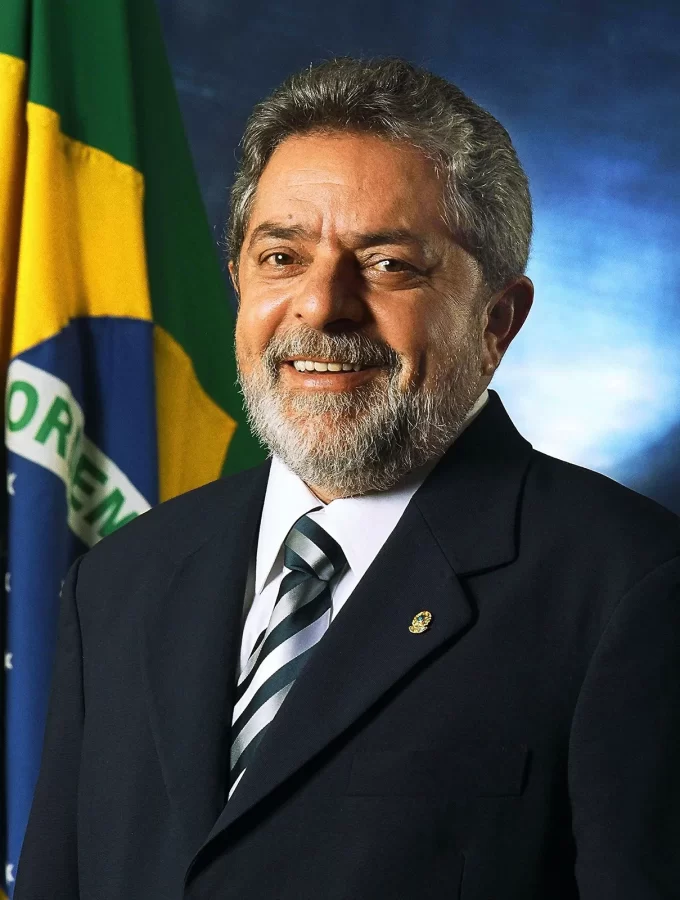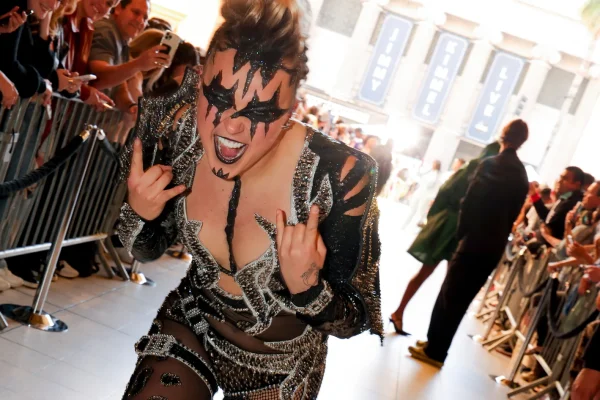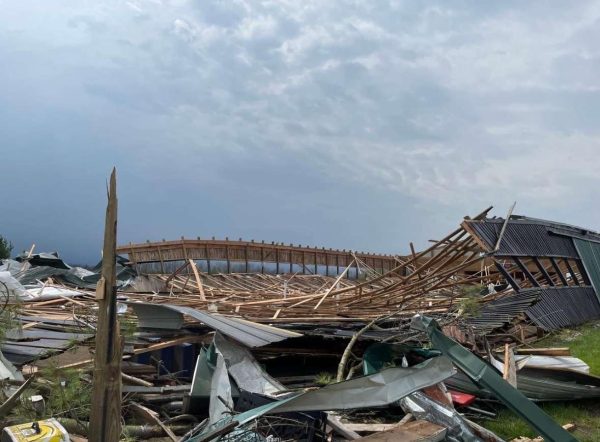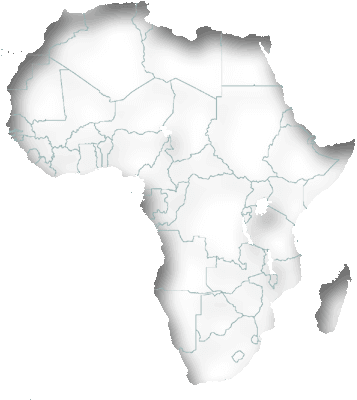Lula Da Silva Claims Victory in The Brazilian Presidential Election
Lula Da Silva, standing in front of the Brazilian flag.
November 10, 2022
October 30th, 2022. As polls and election centers closed, what seemed to be entirely impossible suddenly slowly became reality for not only Brazil, but the wider world. In a stunning and unexpected turn of events, Jair Bolsonaro, incumbent president of Brazil at the time and head of the far-right “Liberal Party of Brazil” saw the predictions slowly turn against him, and then the votes themselves as they were cast by the populace of Brazil. As the votes were counted, the truth of the election became apparent to all Brazil and the world. Jair Bolsonaro, in the first case of an incumbent president losing reelection in Brazil’s history, had lost to the socialist Lula da Silva.
The situation is of course far more complicated than simply the matters of the election itself. Lula de Silva for one, was not simply a random challenger to the office of presidency. As a member of the Socialist Workers’ Party, Lula da Silva served as the 35th president of Brazil. As president of Brazil, Da Silva pushed for the expansion and consolidation of social programs in Brazil like Bolsa Familia and Fome Zero, which allowed Brazil to leave the map of countries the UN considers “have a hunger problem.” During his two terms in office, he undertook radical reforms, leading to a growth in GDP, a reduction in public debt and inflation, and helping 20 million Brazilians escape poverty. Poverty, inequality, illiteracy, unemployment, infant mortality, and child labor rates fell significantly, while the minimum wage and average income increased, and access to school, university, and health care were expanded. He was also known for his care for the environment, in particular the massive Amazon Rainforest, which Brazil possesses a great amount of. He is remembered fondly as one of the most popular presidents in Brazil’s history, and during his presidency, he and Brazil were quite popular to the wider world.
Of course, no politician is without their faults and mistakes. Da Silva’s first term was marked by numerous scandals concerning corruption and bribery. Notable ones include the Mensalão scandal, a major parliamentary vote-buying scandal that had the potential to bring down his entire government in 2005, and the Escândalo dos Sanguessugas, a scandal that was notable for a great amount of corruption. Lula da Silva was convicted for corruption in 2017 on charges of money laundering by Sergio Moro, who later became minister of justice and public security in Jair Bolsonaro’s government. This scandal, which was thought to be orchestrated by Bolsonaro caused a great deal of unrest, and prevented Da Silva from running again, until 2022.
Now, with the conclusion of the election, many wonder what is yet to come. Jair Bolsonaro has repeatedly claimed that if he loses, he will contest the election and called any election where he does not win “fraudulent.” However, so far he seems to have not made good on this promise, as the transition of power has peacefully begun even as Bolsonaro seeks legal action in order to verify his claims of the election being fraudulent. Many worry that as happened in the past, the Brazilian military will coup Da Silva, and plunge Brazil into a military dictatorship, something that today is only a memory in the minds of the elderly. What is certain though, is this election represents a great change for Brazil, South America, and perhaps, the wider world.











